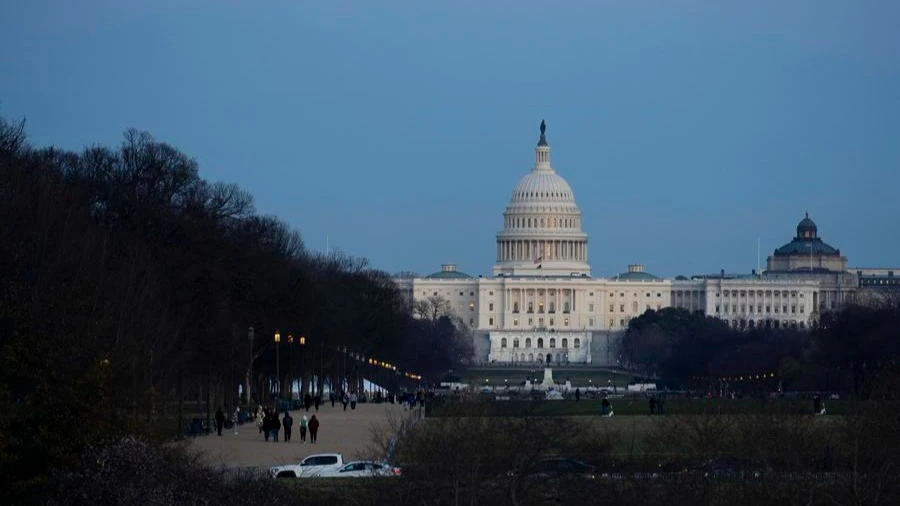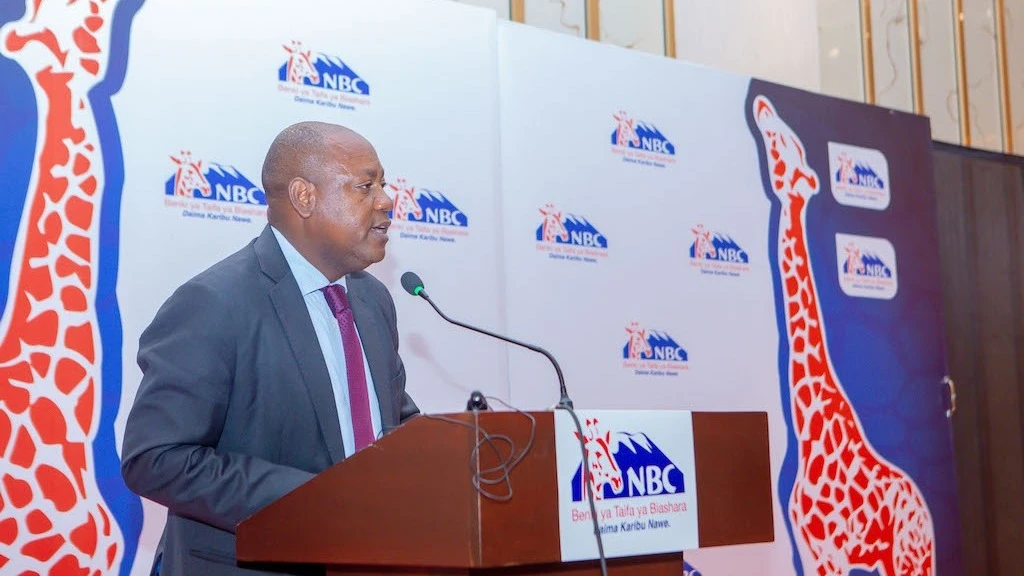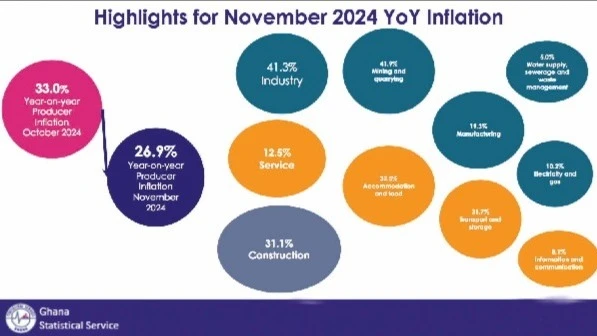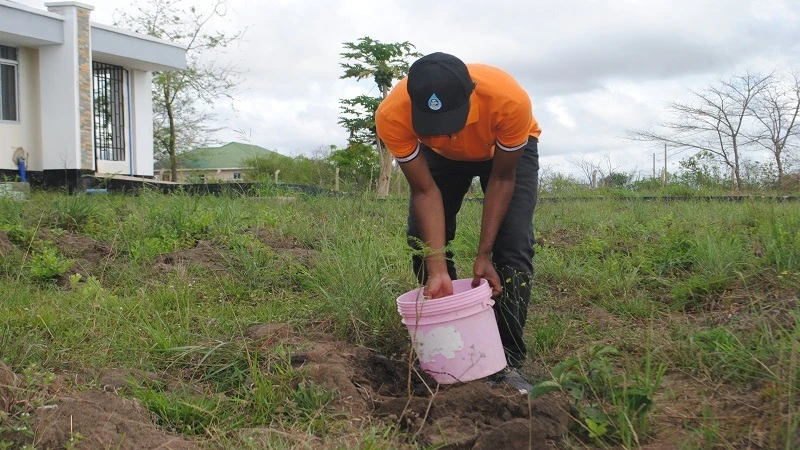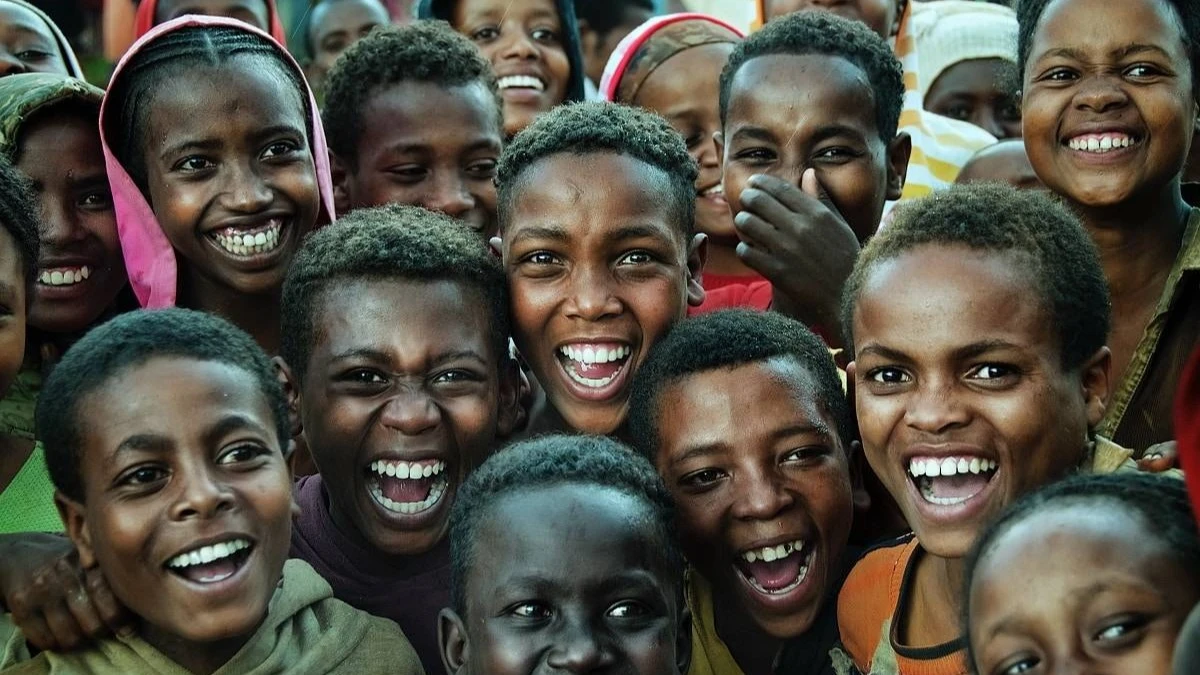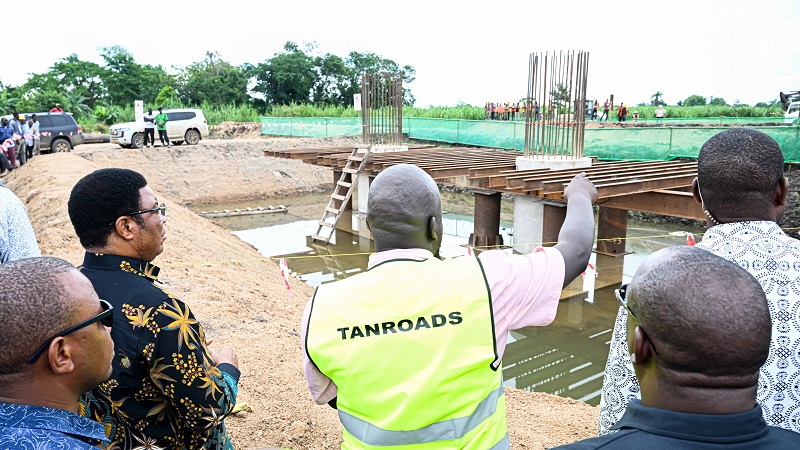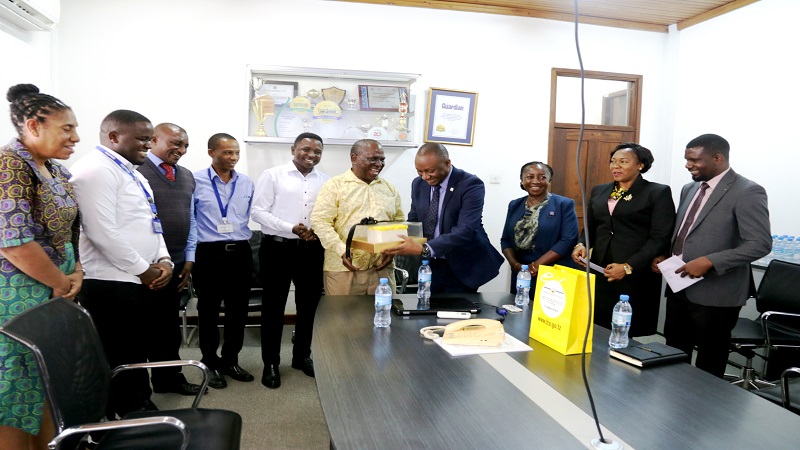Confronting climate change in Tanzania: A call for joint action
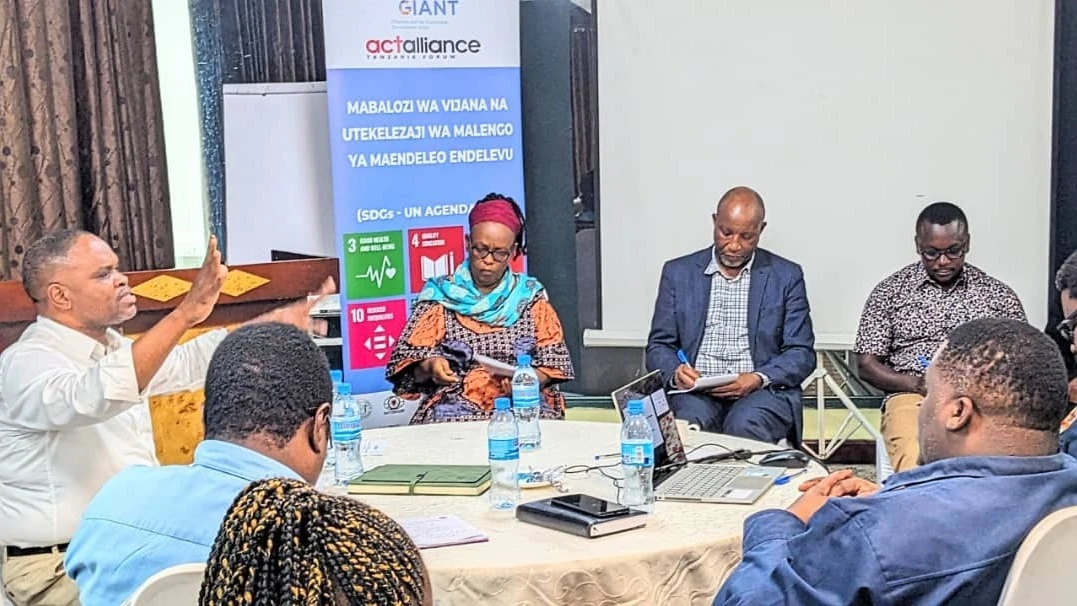
CLIMATE change is not just a theoretical concern; it is an undeniable reality profoundly impacting Tanzania's environment and its people. We are witnessing the consequences firsthand—intense heat waves, destructive floods, violent storms, and prolonged droughts have become alarmingly commonplace.
The urgency of this situation compels us to respond collectively, as climate change is causing distress globally, and its ramifications are evident in our communities.
In the past two years, Tanzania has faced extreme heat and severe flooding, devastating lives and infrastructures alike. The recent catastrophic floods in the southern corridor serve as a stark reminder that we cannot remain passive. As we see similar disasters unfolding worldwide—from hurricanes in the U.S. to floods in Indonesia—taking decisive action is imperative.
Fostering a comprehensive and standalone climate change policy is vital, a view endorsed by numerous NGOs and faith-based organizations. Such a policy must be designed to be clear and accessible, ensuring climate change receives the priority it requires within our national budget. When we accord climate change the necessary focus, we can transform well-intentioned strategies into concrete actions that benefit all Tanzanians.
Agriculture, which employs 70 percent of our population, plays a crucial role in our response to climate change. Experts from Sokoine University of Agriculture advocate for harnessing science and technology to boost productivity and resilience.
By investing in sustainable agricultural practices, we can equip our communities to not only withstand climate variability but to thrive despite it.
It is essential to amplify grassroots voices—particularly those of smallholder farmers—when crafting climate adaptation strategies. Faith actors from CCT opined that climate adaptation methods should start at and with grassroot levels that are heavily impacted, urging the government and all actors to be inclusive.
Rev. Canon Dr. Moses Matonya, General Secretary CCT asserts that ‘‘Climate adaptation is squarely connected to development hence, local adaptation skills in agriculture can deliver impactful development if it emanates from indigenous communities.
It is a call for all of us, as the Bible describes in Genesis 2:15 to be stewards of creation.’’ Dr. Joyce Temu, former Lecturer at Sokoine University of Agriculture (SUA) has aptly noted that solutions must derive from the insights and difficulties faced by those directly affected. Inclusivity is paramount; marginalized groups deserve representation, and their distinct needs must guide climate action plans.’’
The importance of transparent governance and accountability in climate initiatives cannot be underestimated. Effective implementation is crucial, and public scrutiny can foster trust and collaboration among stakeholders. We must ensure that funds allocated for climate activities are utilized equitably, benefiting those who are most vulnerable.
Effective communication about climate change is essential, tailored to resonate with diverse demographic groups and consider the different impacts based on gender, age, and socio-economic status.
By personalizing our messages, we enhance understanding and foster collective ownership. Ensuring that timely climate information reaches communities in actionable formats will galvanize engagement and empower local responses to this global crisis.
Finally, we must acknowledge and strengthen the current efforts of various stakeholders already involved in climate-related activities. By promoting collaboration among faith leaders, civil society, academic institutions, and the private sector, we can create a more inclusive and effective climate response.
The statistics are alarming: climate change presently costs Tanzania 1 percent of its GDP, a figure expected to soar to 2 percent by 2030. The absence of a specific policy to tackle climate change not only endangers our environment but also threatens the livelihoods of millions, subjecting most Tanzanians to vulnerability and compromising our economic future.
At this crucial moment, we have a unique opportunity and undeniable responsibility to act. Let us unite our efforts, leverage our collective strengths, and become the architects of change in the fight against climate change. The time for decisive action is now, and the future of Tanzania hangs in the balance.
Top Headlines
© 2024 IPPMEDIA.COM. ALL RIGHTS RESERVED











